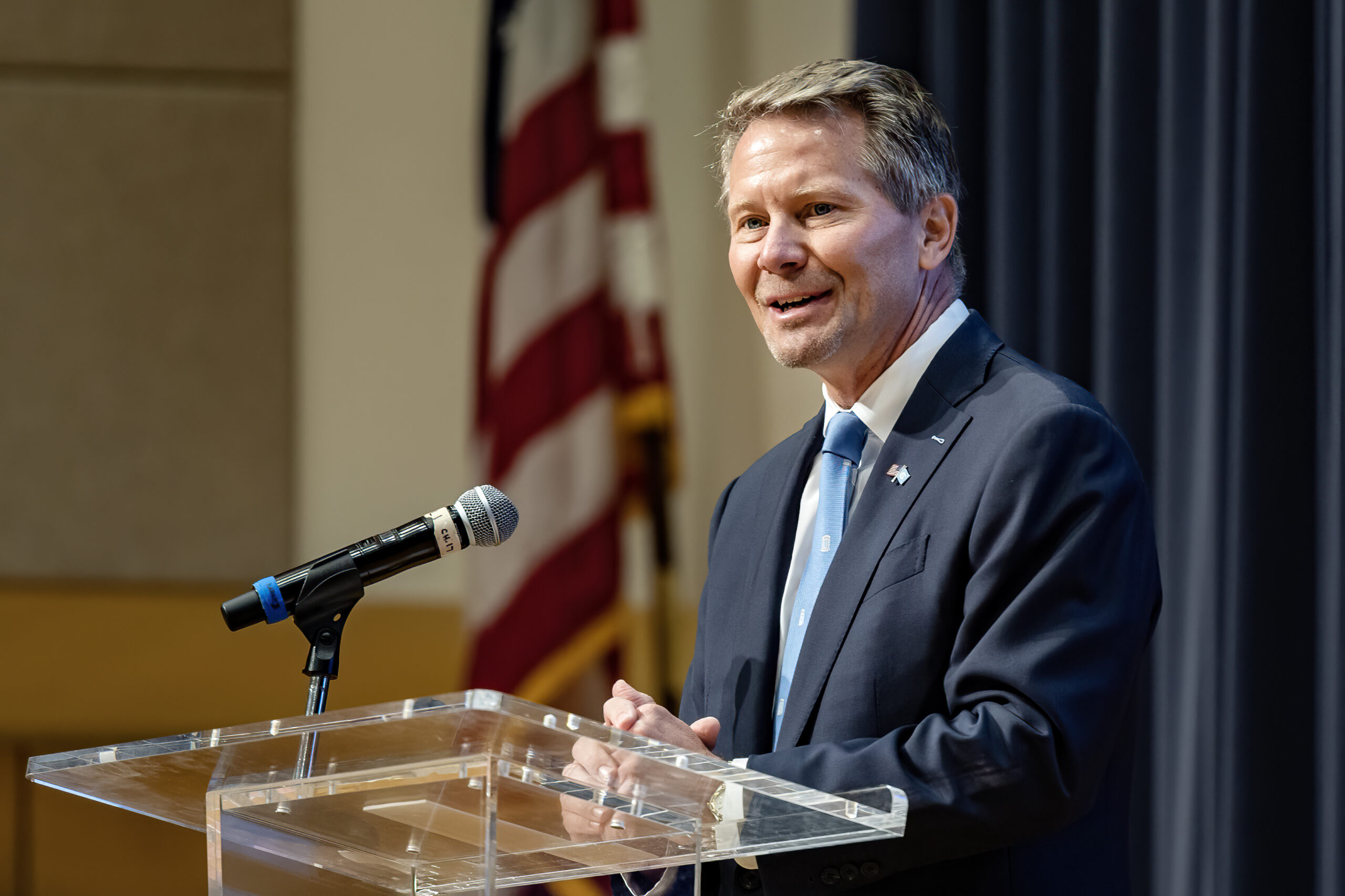North Carolina has reduced its funding for mental health services for the third year in a row, according to a recent report by the National Alliance on Mental Illness or NAMI. North Carolina is one of only three states that have continued to decrease funding over the last three years; the other two are Alaska and Wyoming.
Jack Register, executive director of NAMI North Carolina, says the state might disagree that funding has declined. The report considers what services the money is used for, not just how much.
”So in this report what it is really looking at is just state dollars, what is the actually state money that’s been put or has not been put into community-based services and that’s where North Carolina has really fallen short,” says Register.
This year over 100 million dollars was cut from organizations that manage the local distribution of Medicaid services throughout the state.
Local Democratic NC House Representative Verla Insko says, “they have increased funding to offset some of [the cuts to Medicaid] but they tend to increase funding for residential services and what we really need to do is fund community-based services.”
Those residential services are things like psychiatric hospitals and prisons, which also serve people with substance abuse issues, not just mental illness.
An example of a community-based service would be a local psychiatrist that someone could see on a regular basis.
Insko says, often, the mentally ill don’t have a lot of advocacy and, therefore, lack much influence in the budget process. And because of that they can suffer.
“My impression is that it is easier to reduce funding for populations that are relatively weak, they’re not powerful populations,” says Insko.
Insko does not support using state funds to build new mental hospitals, even though she says in the past this was one of the best ways to treat the mentally ill. She says now there are medicines and practices that can keep the mentally ill away from these institutions in the first place.
“This year we are opening a 72-bed mental health unit in central prison,” says Insko. “It’s not a good use of tax-payer dollars, and it’s certainly not a humane way to treat out mentally ill population.”
For Register, consistent access across the state and improving treatment for rural communities are also big issues.
“What I tell folks is this, if you break your leg in your way home in a car accident, you’re going to get your leg set and treated in the local community. And you’ll be home within in a few hours depending on how bad it is,” says Register. “If you have a psychiatric crisis, depending on where you are in the state, your zip code is going to depend on what happens and lord forbid you might end up in jail first. That’s unacceptable.”
Register says the first step is to start treating mental illness like we do other chronic diseases and move away from a system that treats the mentally ill only when they have a crisis.
“If it’s really more of a crisis response locally, then we haven’t really done anything to change the conversation,” says Register.
Regardless of how much money is spent, advocates say it is the type of services and how beneficial they are that truly makes a difference to the mentally ill population in North Carolina.
The full National Alliance on Mental Illness Report can be found here: NAMI- State Mental Health Legislation 2015






for every decrease in funding for ineffective and dangerous psychiatric drugs (and their prescribers) equals an equal or greater increase in the safety of the people in the USA